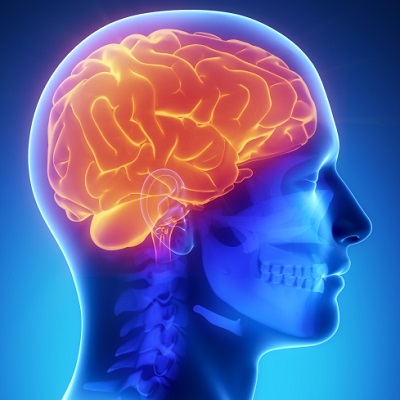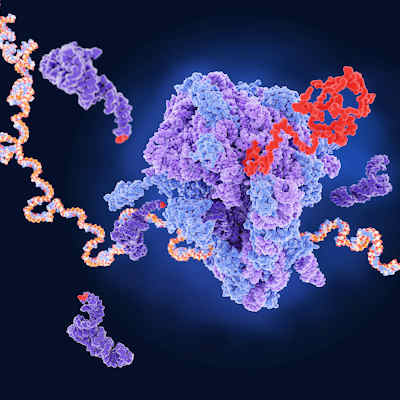October 31, 2022 -- Washington University School of Medicine researchers have discovered that when Huntington's disease patients age the fatal neurological disorder gradually impairs autophagy and the buildup of waste in a specific kind of neuron that leads to cell death.
Enhancing the autophagy pathway in these medium spiny neurons that are created from skin cells of Huntington's patients protects those cells from dying and could delay or prevent Huntington's disease, the researchers found (Nature Neuroscience, October 27, 2022).
Using skin cell samples collected from different patients of various ages, the team coaxed the cells to turn into medium spiny neurons. Doing so allowed them to identify the differences between younger and older patients with Huntington's disease.
Older patients produced very high levels of the microRNA (miRNA) molecule miR-29b-3p. The high levels were not seen in the reprogrammed neurons of younger patients or in reprogrammed neurons of healthy individuals of any age.
The miRNA set off a chain of events that included impairing autophagy and when the skin cells completed the conversion into neurons, they began producing the problematic miRNA, autophagy slowed down, and the cells began dying.
Reducing miRNA levels allowed autophagy to continue and protected the neurons from dying. If the scientists enhanced autophagy with the chemical compound G2, this protected the diseased neurons from death. And as the researchers increased the G2 dose, cell death also diminished more.
They also found the triggering molecule that sets off Huntington's disease may play some role in age-associated decline in neuronal function generally. This could aid the development of new strategies for the treatment and prevention of Huntington's disease as well as other neurodegenerative conditions, which the researchers are tackling next with other collaborators.
Copyright © 2022 scienceboard.net









